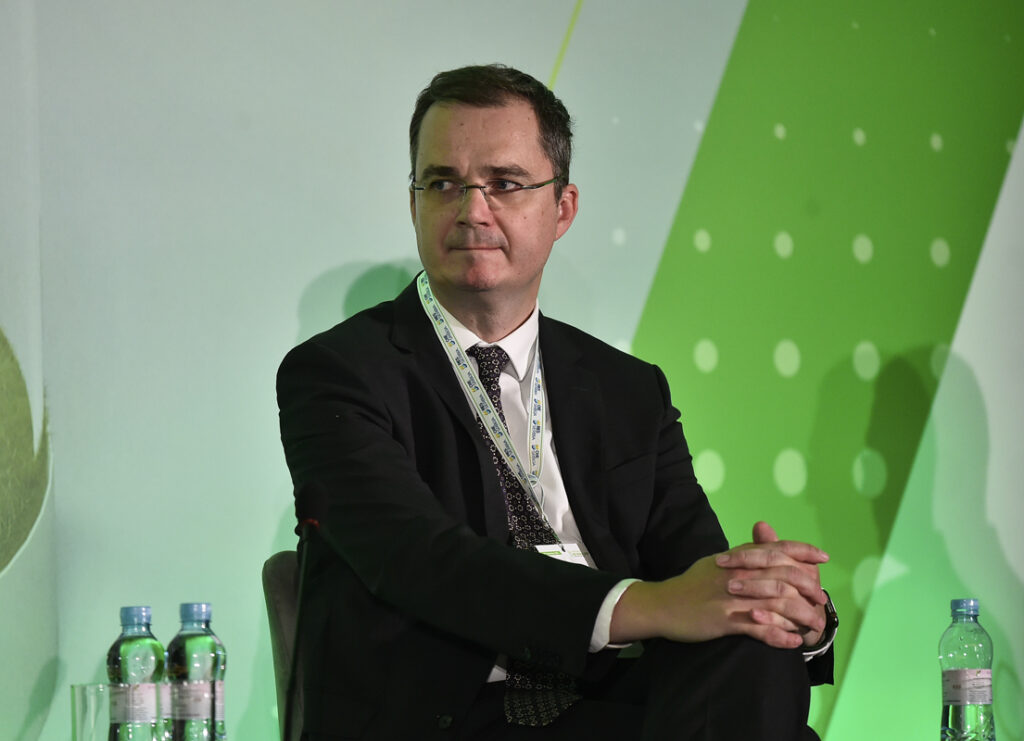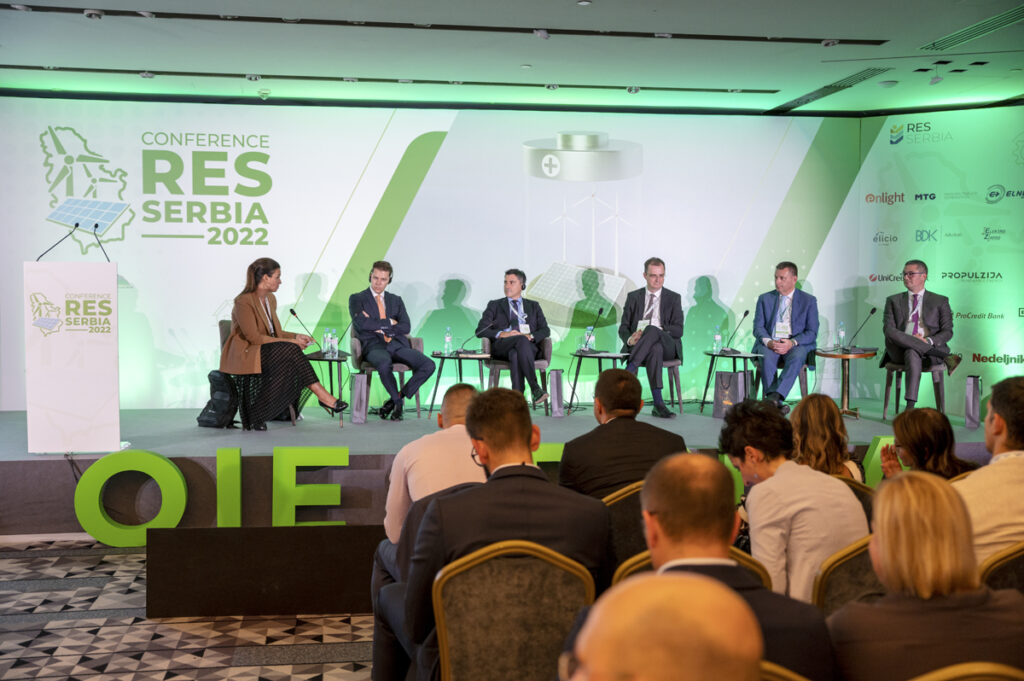The EBRD wants to have 50% of green projects in Serbia, and domestic banks will continue to finance RES projects – this is the conclusion of the third panel held at the RES Serbia 2022 conference.
The panel “Financing RES projects from the point of view of leading banks and bankers” was attended by the President of the Executive Board of UniCredit Bank Serbia Nikola Vuletić, Regional Director of the European Bank for Reconstruction and Development for the Western Balkans Matteo Colangeli, Member of the Executive Board of Erste Bank Serbia Nikola Stamenković, President of IO ProCredit Bank of Serbia Igor Anić, co-founder and CEO for Europe CWP Global Dimitar Enchev. The panel was moderated by the general manager of Schneider Electric for Serbia and Montenegro, Ksenija Karić.
The regional director of the European Bank for Reconstruction and Development for the Western Balkans, Matteo Colangeli, emphasized that Serbia is very important for the EBRD, which plans to continue investing in our country.
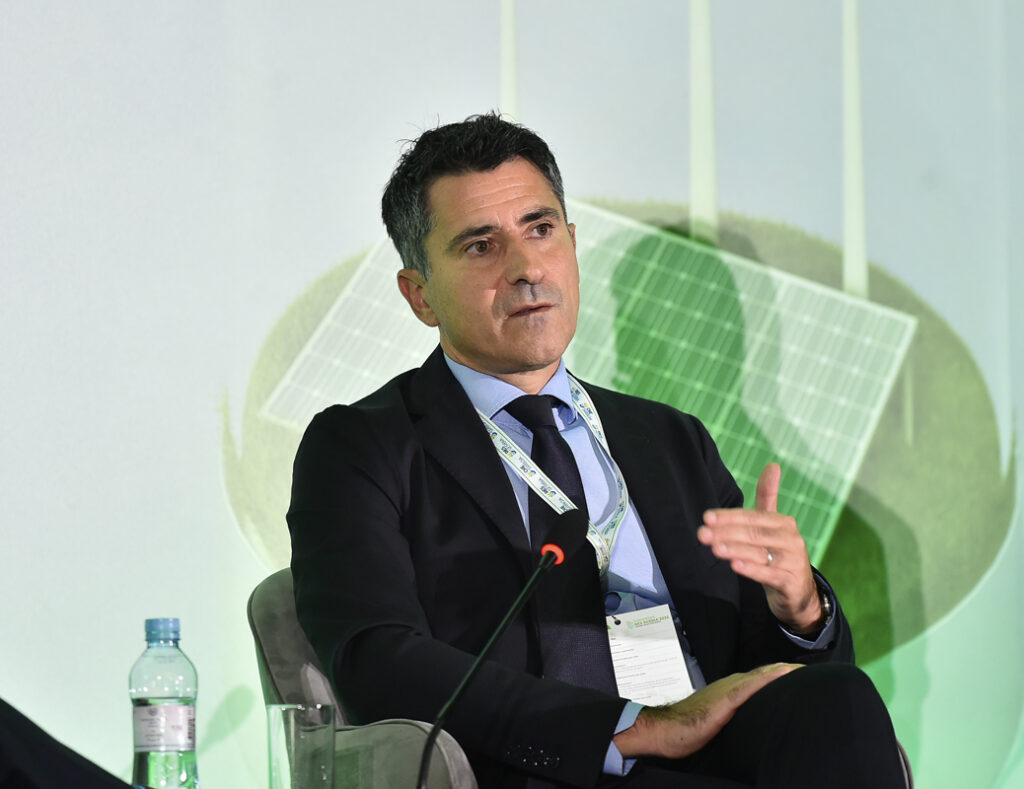
– Our goal is to have 50% of green projects in Serbia. In a country like Serbia, the possibilities for increasing the capacity of RES projects are enormous. Our focus is on the private sector, but the role of the public sector is very important because of providing clear conditions to investors, speeding up the process of issuing permits and building new capacities that the private sector cannot build – said Colangeli.
Co-founder and CEO for Europe of CWP Global Dimitar Enchev noted that Serbia could have done much more in developing capacity for renewable energy sources.
– Serbia started well, it did not build too many overpriced solar parks, which some countries did wrong. Unfortunately, that good start did not continue. Serbia could have done much more. We need to work on improving the network and building new capacities – emphasized Enchev.
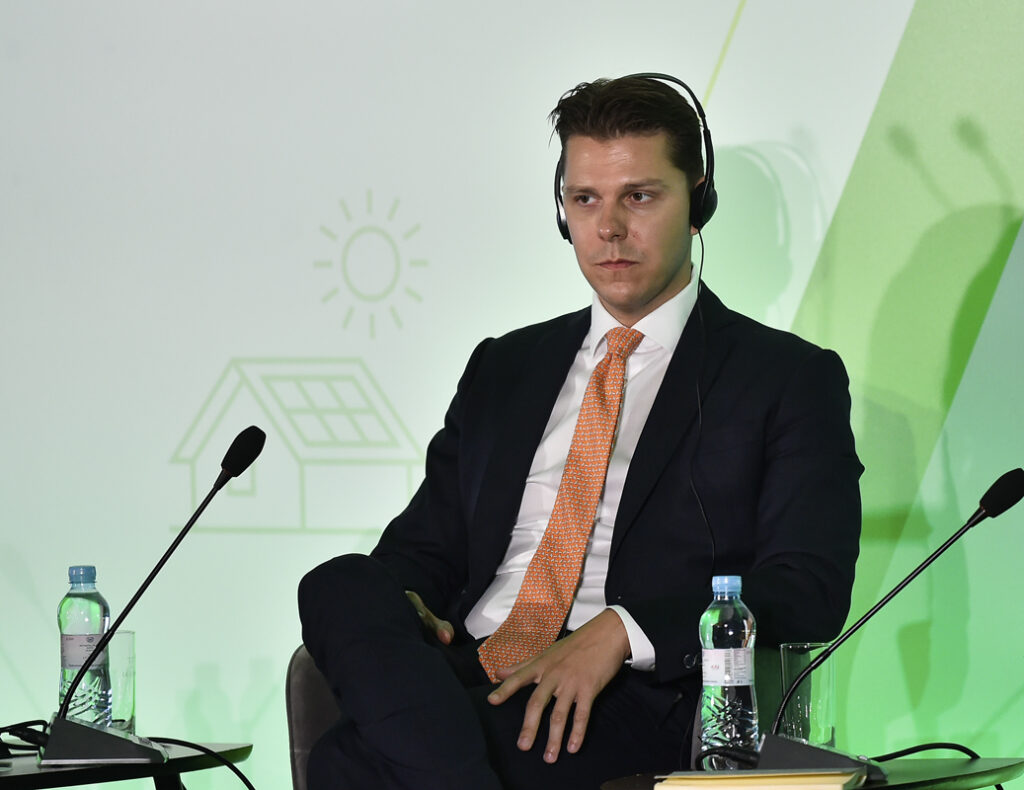
A member of the Executive Board of Erste Bank Serbia, Nikola Stamenković, revealed that this bank is currently negotiating with investors who are developing a total of 300 MW of projects, and that the potential of RES is measured at 4.5 billion euros in the next five years.
– The low price of energy is behind us. The price of electricity in 2019 was 40 euros per MW, now it is 400 to 500 euros. That price volatility is certainly not bankable. Now we are looking for a model that will reconcile the ambitions of investors for high profits and banks for safe investments – concluded Stamenković.
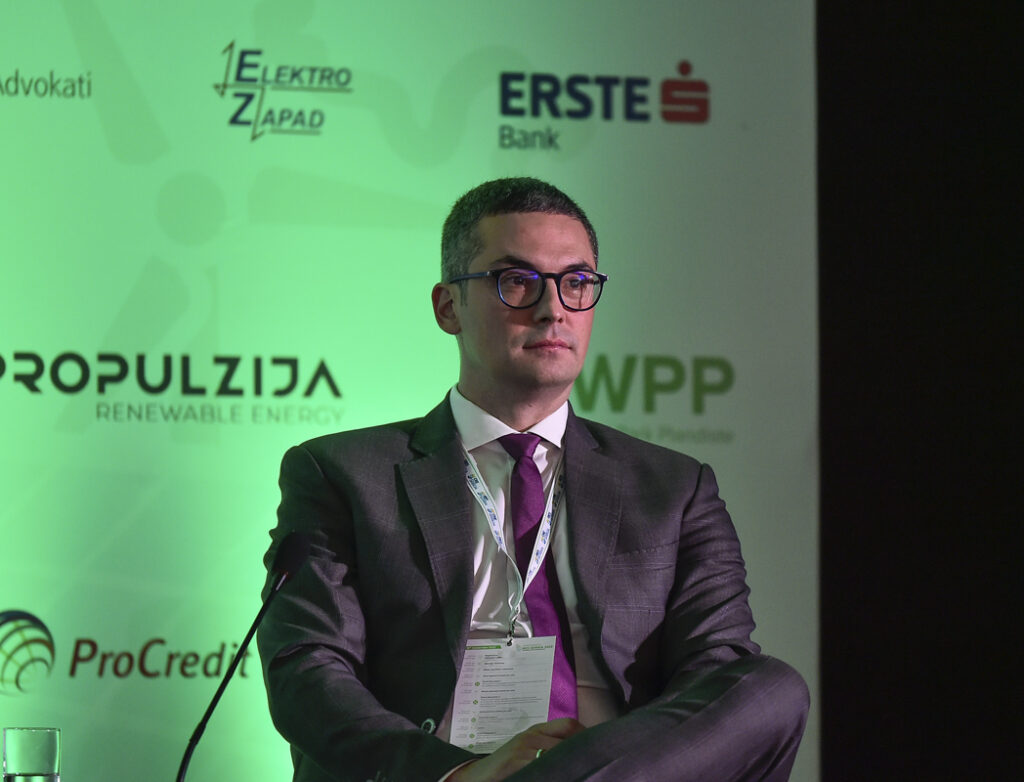
The President of ProCredit Bank Serbia Executive Board Igor Anić does not expect that the rise in interest rates will create a problem in the financing of RES projects, and as he pointed out, when deciding on financing, each project is considered individually.
– Since we entered the financing of RES projects 12 years ago, the technology has become cheaper. We will have a lot of investments in this area, we will follow the needs of both the economy and the population – announced Anić.
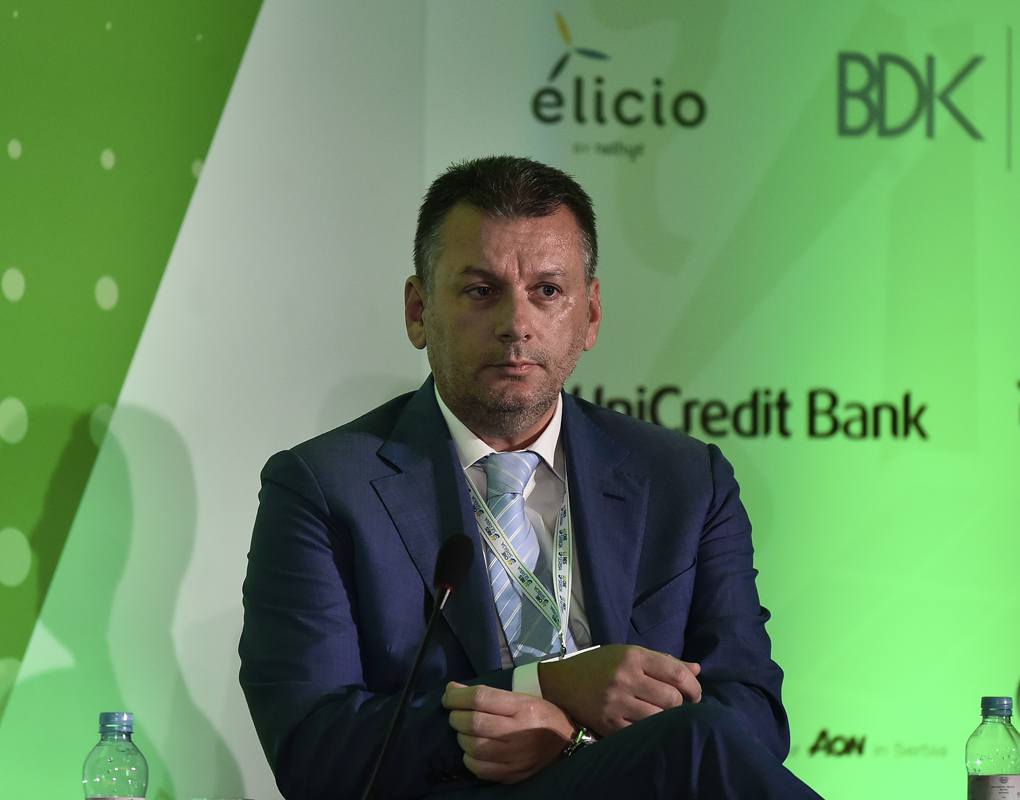
The President of the Executive Board of UniCredit Bank Serbia Nikola Vuletić warned that we do not have enough energy to waste and that saving is necessary.
– The population’s potential for the development of RES projects is significant, and our role and obligation is to support society in the use of green energy, so banks are partners in this business, not competitors – emphasized Vuletić.
